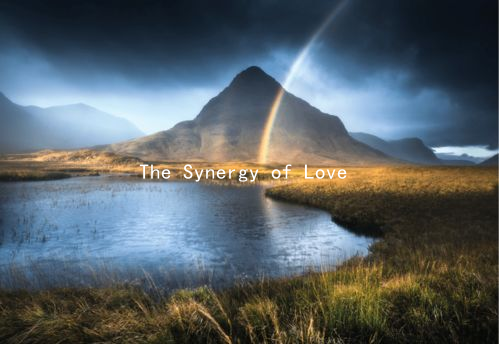Cultivating Connection: The Role of Cultural Heritage in Modern Love
Cultivating Connection: The Role of Cultural Heritage in Modern Love
In the realm of love and relationships, the importance of cultural heritage often gets overshadowed by contemporary dating trends and social norms. However, understanding and appreciating one’s cultural background can significantly enrich romantic connections. As people navigate the complexities of modern love, embracing cultural heritage can serve as a bridge to deeper understanding, empathy, and connection.
Cultural heritage encompasses the traditions, values, and narratives passed down through generations. These elements play a crucial role in shaping individual identities and can influence everything from communication styles to family expectations in romantic relationships. In a world where globalization often leads to homogenization, remaining rooted in one’s cultural context can help individuals maintain a sense of self while forming new bonds.
One of the primary ways cultural heritage can enhance relationships is through improved communication. Different cultures have distinct ways of expressing affection, conflict, and vulnerability. For instance, some cultures may value direct communication, while others may rely on subtler forms of expression. Understanding these differences can prevent misunderstandings and foster a more profound connection. Couples who take the time to learn about each other’s backgrounds often find that they can communicate more effectively, leading to healthier and more fulfilling relationships.
Furthermore, shared cultural values can create a strong foundation for romantic partnerships. When partners align on fundamental beliefs regarding family, love, and commitment, they are more likely to create a harmonious life together. For example, in cultures that prioritize familial connections, partners may feel a deep sense of responsibility to include each others families in their lives. By honoring these shared values, couples can establish traditions that build their unique relationship narrative, creating a rich tapestry woven from both partners cultural heritages.

Cultural practices and traditions can also play an essential role in enhancing intimacy and bonding. Celebrating holidays, engaging in cultural rituals, or even cooking traditional dishes together can strengthen the relationship and weave a shared identity. These activities provide opportunities for partners to learn from each other, creating a sense of adventure and discovery that can keep the relationship vibrant and exciting.
Moreover, sharing stories about one’s background can lead to deeper emotional connections. When partners openly discuss their cultural heritage, they invite vulnerability into the relationship. This sharing can evoke empathy and understanding, allowing both partners to appreciate each other’s experiences and perspectives. For instance, a partner who shares tales from their childhood can bring their culture to life, creating a sense of intimacy that deepens the bond between them.
Of course, navigating cultural differences can sometimes present challenges. Partners may encounter differing expectations regarding gender roles, parenting styles, or relationship dynamics. In these instances, open dialogue is paramount. Active listening and respect for each other’s backgrounds can facilitate discussions that address and embrace those differences rather than allowing them to become points of contention. By facing cultural challenges together, couples can strengthen their partnership and extract valuable insights from each others experiences.
In conclusion, the role of cultural heritage in modern love is both significant and multifaceted. By embracing each others backgrounds, partners can cultivate a deeper connection that transcends mere attraction. Understanding cultural nuances enhances communication, aligns values, fosters intimacy, and promotes empathy. As individuals seek meaningful connections in a constantly evolving dating landscape, recognizing and celebrating cultural heritage can be the key to forging lasting and profound relationships. In a world that can feel increasingly disconnected, nurturing these ties can help lovers cultivate not just affection, but a true sense of belonging.





